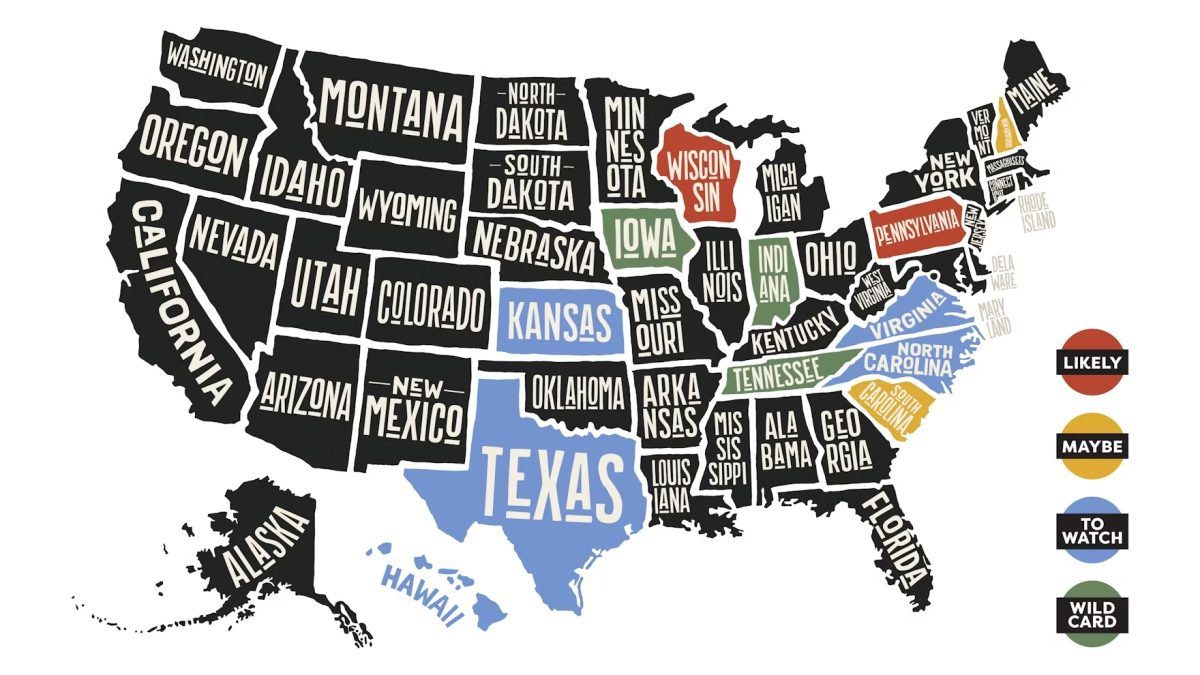This Saturday will be the “last 4/20 celebration that cannabis will be on Schedule I,” a Democratic congressman predicts, adding that he’s “quite confident” the GOP House will take up a bipartisan cannabis banking bill if lawmakers “break this loose in the Senate.” Rep. Earl Blumenauer, founding co-chair of the Congressional Cannabis Caucus, spoke to reporters during a briefing on Friday, discussing marijuana policy progress and his message to Democrats that they should seize upon the popularity of the issue ahead of the November election.
legalization
This Will Be The ‘Last 4/20 Celebration’ With Marijuana Still In Schedule I, Congressman Says, While Predicting House Action On Cannabis Banking Bill

legalization
12 States That Could Legalize Cannabis in 2025
legalization
New Hampshire House Passes Cannabis Legalization Bill
legalization
Switzerland Makes Moves to Legalize Adult-Use Cannabis
-

 Cannabis News2 years ago
Cannabis News2 years agoDistressed Cannabis Business Takeaways – Canna Law Blog™
-

 One-Hit Wonders2 years ago
One-Hit Wonders2 years agoUnited States: Alex Malyshev And Melinda Fellner Discuss The Intersection Of Tax And Cannabis In New Video Series – Part VI: Licensing (Video)
-

 Cannabis 1012 years ago
Cannabis 1012 years agoWhat you Need to Know
-

 drug testing1 year ago
drug testing1 year agoDrug Testing for Marijuana – The Joint Blog
-

 Education2 years ago
Education2 years agoNCIA Write About Their Equity Scholarship Program
-

 Cannabis2 years ago
Cannabis2 years agoIt has been a wild news week – here’s how CBD and weed can help you relax
-

 Marijuana Business Daily2 years ago
Marijuana Business Daily2 years agoCannabis, alcohol firm SNDL loses CA$372.4 million in 2022
-

 California2 years ago
California2 years agoA new April 20 cannabis contest includes a $40,000 purse






















